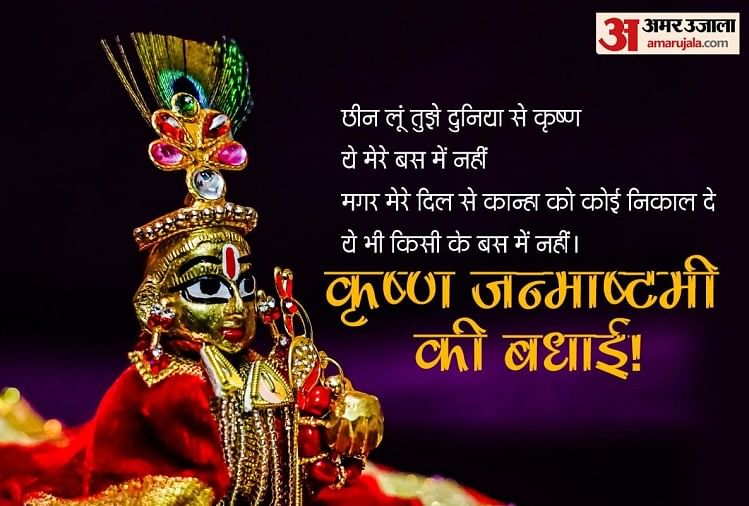

Shri pānch ko sarkār, His Majesty's Government, where ko indicates genitive case (possessive, 'of His Majesty') Shri 5: title used by former King of Nepal (e.g.Shri 4: title used by Divine factor, e.g.Shri 3: title used by former Maharaja of Lamjung and Kaski and PMs of Nepal (e.g.Shri may be repeated depending on the status of the person. ( March 2016) ( Learn how and when to remove this template message) Unsourced material may be challenged and removed. Please help improve this section by adding citations to reliable sources. Sanskrit is written in many Indian scripts as well, in which case there are corresponding letters which have the exact same values as the Devanagari, so the Sanskrit pronunciation remains the same regardless of script. Whatever be the transliteration, the pronunciation is the same. Hence, in English, the spelling of this word श्री varies from Shri (the standard spelling) to Shree through Sri and Sree.

Similarly, री ( rī र् + ई) is also transliterated to English in two different ways as ri and ree, although the latter is non-standard in Hindi. Some use the convention of sa for transcribing स as in Sri Lanka and Srinagar, while others use the convention of sha for transcribing श as in Shimla and Shimoga. There are two conventions in India to transliterate the syllable श ( ISO: śa) (i.e., श् ( ś) with the inherent vowel अ ( a) श् ( ś) + अ ( a)) to English. In Devanagari script for Sanskrit, Hindi, Marathi and other languages, the word ⟨ श्री⟩ is combination of three sounds: श् ( ś), र् ( r) and ई ( ī, long i). This is used in modern vernacular as form of address Shrimati (abbreviated Smt) for married women, while Sushri, (with "su", "good", added to the beginning), can be used for women in general ( regardless of marital status).

From the noun, is derived the Sanskrit adjective "śrīmat" (śrimān in the masculine nominative singular, śrīmatī in the feminine), by adding the suffix indicating possession, literally "radiance-having" (person, god, etc.). The word śrī may also be used as an adjective in Sanskrit, which is the origin of the modern use of shri as a title. Monier-Williams Dictionary gives the meaning of the root verb śrī as "to cook, boil, to burn, diffuse light", but as a feminine abstract noun, it has received a general meaning of "grace, splendour, beauty wealth, affluence, prosperity". "Great King, Lord Gupta"in the Gupta script, on the Allahabad pillar inscription of Samudragupta (4th century CE). Shri is also another name for Lakshmi, the Hindu goddess of wealth, while a yantra or a mystical diagram popularly used to worship her is called Shri Yantra. The term is used in Indian subcontinent and Southeast Asia as a polite form of address equivalent to the English "Mr." in written and spoken language, but also as a title of veneration for deities or as honorific title for local rulers. It is usually transliterated as Sri, Sree, Shri, Si, or Seri based on the local convention for transliteration. The word is widely used in South and Southeast Asian languages such as Indonesian, Javanese, Balinese, Sinhala ( ශ්රී), Thai, Tamil, Telugu, Hindi, Nepali, Malayalam, Kannada, Sanskrit, Pali, Khmer, Malay, and among Philippine languages. Shri ( / ʃ r iː/ Devanagari: श्री, ISO: Śrī, Sanskrit pronunciation:, Non-Sanskrit pronunciation: ), also transliterated as Shree, Sri, or Sree, is a Sanskrit term denoting resplendence, wealth and prosperity, primarily used as an honorific. This Mantra ushers in energy and infuses positivity in one's life.įor Shri Krishna devotees, Bhakti (sincere devotion) is all that matters.Shri in Devanagari script used for Sanskrit OM Devakinandanaye Vidmahe Vasudevaye Dhi Mahi Tanno Krishna Prachodayat (Meaning - I bow at your feet O Lord Krishna). (Meaning - I bow to Lord Krishna, the son of Vasudevaya) The meaning of each of the Mantras are also shared below:

Today is a Wednesday, and therefore, here are a few Mantras that you can chant to seek the blessings of the Almighty. And it is said to be the day ruled by Budh (Mercury) and is dedicated to Lord Krishna. Wednesdays are known as Budhwar in Hindi. For example, Mondays are devoted to Lord Shiva, Tuesdays to Lord Hanuman or Lord Ganesha etc. Devotees have the freedom to worship any deity of their choice whenever they wish to, but there are days in the week associated with certain Gods and Goddesses.


 0 kommentar(er)
0 kommentar(er)
